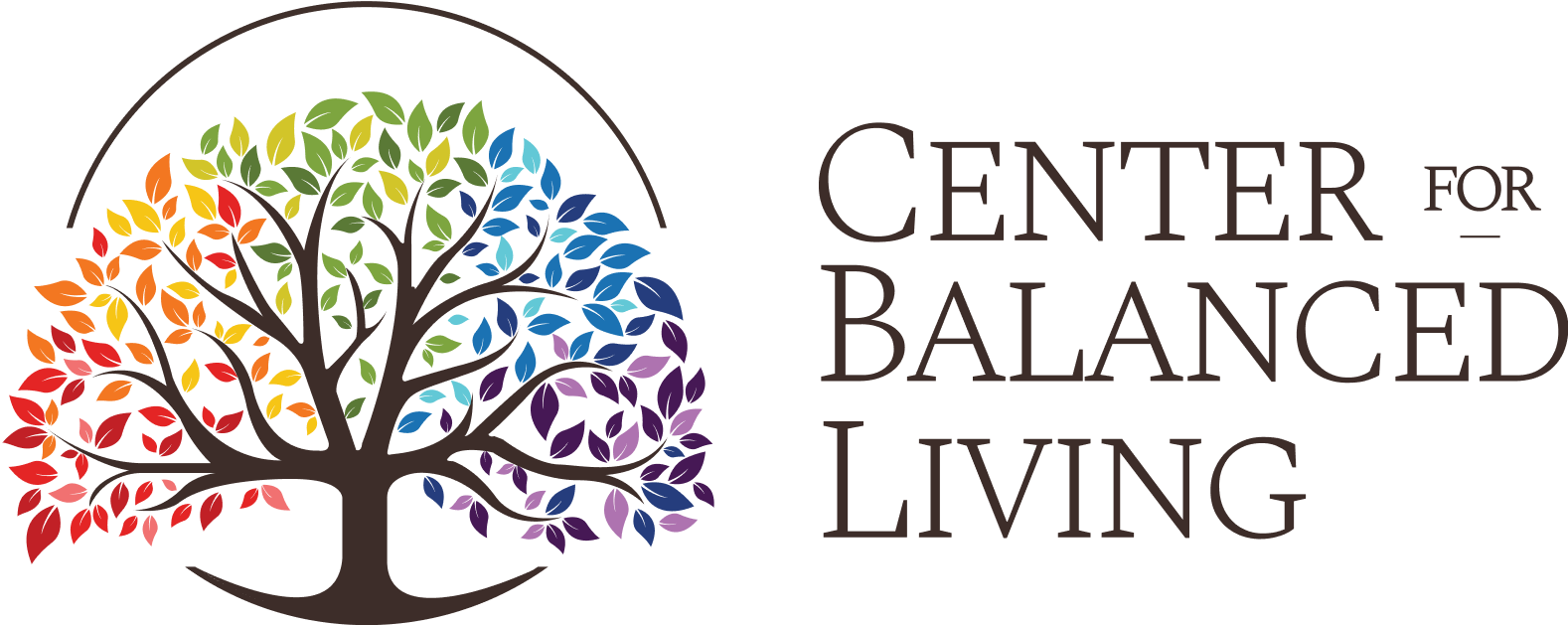Newsletter . July 2023
National PTSD Month
According to the US Department of Veterans Affairs, there are currently at least 12 million people living with PTSD. June is national PTSD Awareness month. To help bring awareness to the symptoms of PTSD we are examining the diagnosis. (Read more here)
What is PTSD
PSTD stands for Post Traumatic Stress Disorder. It is a maladaptive stress response to experiencing (or witnessessing) a traumatic event that causes impairment in daily functioning. The symptoms can be acute or chronic and can occur immediately after the event or may not appear for many weeks, months or years after the event.
The symptoms of PTSD include:
- Avoidance: not wanting to see, do, talk about or be around things that remind you of the event.
- Intrusions: thoughts, memories, nightmares that are intense and upsetting, dissociation
- Negative alterations: can be related to self (I am bad) including being overly critical, memory issues, can be related to others (others are bad), inability to feel safe and connected with self or others. Feeling numb, overly guilty or shame-prone.
- Alterations in arousal or reactivity: hyper or hypo arousal, moodiness, irritability, concentration issues, sleep disturbance, recklessness, maladaptive tension reducing behavior
Treatment for PTSD always works to regulate the nervous system, create connection and safety first. Trusted modalities include EMDR, MBSR, Polyvagal Exercises, Somatic Psychology. Then for processing of traumatic memories, CPT, EMDR and Narrative Therapies.
What is PTSD
PSTD stands for Post Traumatic Stress Disorder. It is a maladaptive stress response to experiencing (or witnessessing) a traumatic event that causes impairment in daily functioning. The symptoms can be acute or chronic and can occur immediately after the event or may not appear for many weeks, months or years after the event.
The symptoms of PTSD include:
- Avoidance: not wanting to see, do, talk about or be around things that remind you of the event.
- Intrusions: thoughts, memories, nightmares that are intense and upsetting, dissociation
- Negative alterations: can be related to self (I am bad) including being overly critical, memory issues, can be related to others (others are bad), inability to feel safe and connected with self or others. Feeling numb, overly guilty or shame-prone.
- Alterations in arousal or reactivity: hyper or hypo arousal, moodiness, irritability, concentration issues, sleep disturbance, recklessness, maladaptive tension reducing behavior
Treatment for PTSD always works to regulate the nervous system, create connection and safety first. Trusted modalities include EMDR, MBSR, Polyvagal Exercises, Somatic Psychology. Then for processing of traumatic memories, CPT, EMDR and Narrative Therapies.
Resources for Identifying PTSD
June is also Pride Month
Although June has passed, it is important to remember that pride matters every month.
The history of Pride Month began in 1969. It was the result of the riots related to the Stonewall Inn rebellion in New York City. The Inn was a safe place for LGBTQ persons. At that time, the police were not supportive of this community and as a result of many community led protests, the liberation and fight for equality for LGBTQ individuals began.
Today, celebrations include pride parades, picnics, parties, workshops, symposia and concerts, and LGBTQ Pride Month events attract millions of participants around the world. Memorials are held during this month for those members of the community who have been lost to hate crimes.

